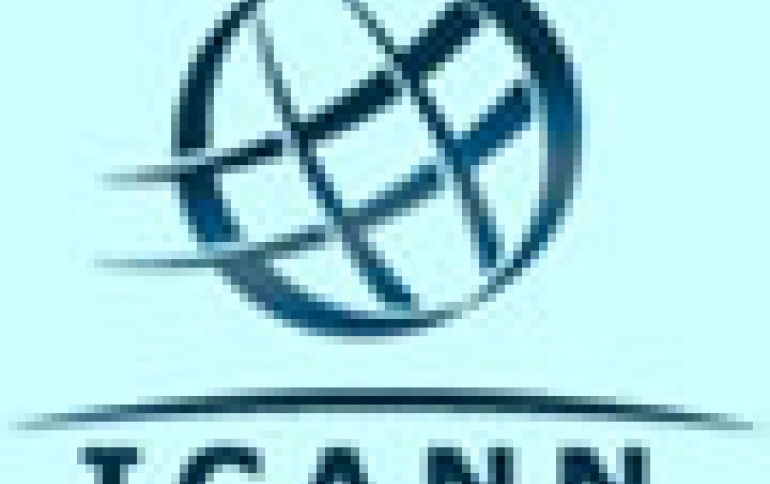
ICANN To Start Accepting New Top-Level Domains on Thursday
ICANN on Thursday will start start accepting applications for new domain name extensions such as .hotel or .car
The Internet Corporation for Assigned Names and Numbers (ICANN) will launch its program for new generic Top-Level Domains on Jan. 12, with applications due three months later on April 12.
The new generic Top-Level Domains (gTLDs) program is expected to open a process that could trigger a dramatic expansion of the Internet and launch a new era of online innovation.
We are familiar with .com, .org, .net, among the roughly two dozen generic top-level domains currently occupying the Internet's addressing system. Hundreds, possibly thousands of new gTLDs, could be moving in within a year.
The program is not without risks and not for everyone. Understanding the marketing opportunities, the application process, and the program's built-in trademark protections is important. Applicants have to demonstrate that they have relevant intellectual property rights, and detail how they will operate the domain.
If ICANN's latest attempt to expand the domain name space succeeds, it could fundamentally change the way domain names are used. Among the new categories of domain names that are expected to be approved include internationalized domain names in non-English language scripts; geographically oriented domains for cities and regions; domain names tied to specific interests; as well as domain names tied to individual companies and brands.
Most of the first wave of applications is expected to come from leading brand owners who see an opportunity to boost their visibility online, or simply fear that others will grab "their" space if they do not do so themselves.
At $185,000 per application, estimated start-up costs of $500,000 and annual running costs of about $100,000, a .yournamehere domain will be out of reach of the smallest companies and Organizations.
Canon, Deloitte and Hitachi are some of the handful of companies to have acknowledged they are applying to operate their own brand domains.
ICANN is expected to make its first awards for new gTLDs by the end of 2012, with new extensions becoming operational on the Internet in 2013.
The new generic Top-Level Domains (gTLDs) program is expected to open a process that could trigger a dramatic expansion of the Internet and launch a new era of online innovation.
We are familiar with .com, .org, .net, among the roughly two dozen generic top-level domains currently occupying the Internet's addressing system. Hundreds, possibly thousands of new gTLDs, could be moving in within a year.
The program is not without risks and not for everyone. Understanding the marketing opportunities, the application process, and the program's built-in trademark protections is important. Applicants have to demonstrate that they have relevant intellectual property rights, and detail how they will operate the domain.
If ICANN's latest attempt to expand the domain name space succeeds, it could fundamentally change the way domain names are used. Among the new categories of domain names that are expected to be approved include internationalized domain names in non-English language scripts; geographically oriented domains for cities and regions; domain names tied to specific interests; as well as domain names tied to individual companies and brands.
Most of the first wave of applications is expected to come from leading brand owners who see an opportunity to boost their visibility online, or simply fear that others will grab "their" space if they do not do so themselves.
At $185,000 per application, estimated start-up costs of $500,000 and annual running costs of about $100,000, a .yournamehere domain will be out of reach of the smallest companies and Organizations.
Canon, Deloitte and Hitachi are some of the handful of companies to have acknowledged they are applying to operate their own brand domains.
ICANN is expected to make its first awards for new gTLDs by the end of 2012, with new extensions becoming operational on the Internet in 2013.





















